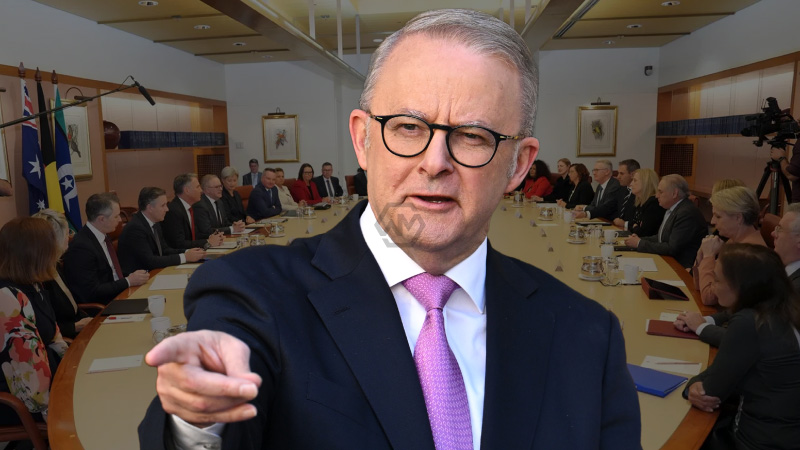- Albanese defends gas use amid North West Shelf extension debate.
- Coalition tensions rise over net zero commitments.
- Floods isolate 12,000 in NSW, prompting ADF deployment.
Prime Minister Anthony Albanese has reaffirmed Australia‘s reliance on gas as a necessary “firming capacity” to support the country’s renewable energy transition.
Meanwhile, internal fractures within the Coalition are surfacing, as Nationals leader David Littleproud contradicted his deputy, suggesting a policy review on net zero by 2050.
Climate Crossroads: Australia’s Energy Debate Heats Up Amid Floods and Fractures
As extreme floods continue to isolate thousands across New South Wales, climate policy is under renewed scrutiny. The federal government has deployed Australian Defence Force personnel to assist in affected areas, as climate-related disasters increase in frequency and intensity. This adds urgency to discussions about how Australia balances environmental responsibility with energy needs.
Anthony Albanese’s defence of gas as a “firming capacity” reignites tensions between economic stability and climate goals. Speaking just days before a decision on the North West Shelf gas project, the prime minister emphasized the need for energy security during the transition to renewables. His comments reflect the government’s cautious approach to maintaining community support while scaling up green infrastructure.
The decision now lies with Environment Minister Murray Watt, who must weigh Woodside Energy’s proposed 50-year extension against environmental laws and public backlash. As a newly appointed “fixer” in the portfolio, Watt faces his first major test—one that could define his leadership on sustainability policy.
Meanwhile, political divisions are widening. Nationals leader Littleproud’s call for a review of net zero policies shows internal discord, echoing broader struggles in conservative circles over climate action. Former deputy PM Barnaby Joyce labeled the party’s coalition split a “shocker,” while Liberal MP Julian Leeser acknowledged strategic overconfidence heading into the election. These shifts suggest a recalibration of conservative climate narratives may be underway.
Australia’s evolving energy and climate landscape is colliding with political realities, natural disasters, and public expectations—demanding clearer leadership and unity.
“You don’t change the transition through warm thoughts.” – Anthony Albanese



